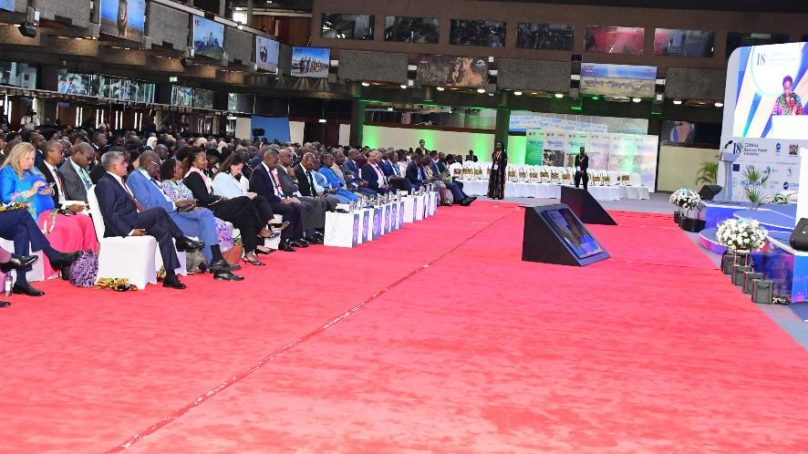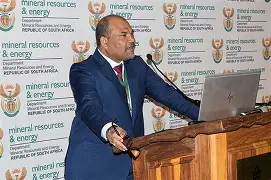
Kenya will leverage on its technological advancements and innovation to support regional value chains and drive trade in the Common Market for Eastern and Southern Africa (Comesa).
Deputy President Kithure Kindiki said that intra-Africa trade through regional trading blocs like Comesa is the engine which will drive Africa’s economic transformation, bridge the infrastructure gaps, create the jobs and build the future of Africa.
Kindiki, speaking in Nairobi on Tuesday during the 18th Comesa Business Forum, said that this year’s theme for the forum “Leveraging Digitalisation to Deepen Regional Value Chains for Sustainable and Inclusive Growth” resonates with Kenya’s aspirations for radical national transformation, primarily focused on boosting intra-regional trade and economic integration.
He said that the summit also aligns with Kenya’s own digital transformation agenda, leveraging the country’s leadership in mobile money technology, digital governance and fintech innovation.
Kindiki said that by leveraging digitalisation, the summit is expected to address the issue of integrating agri-tech and digitalisation into the agricultural sector.
“Tomorrow, Kenya is assuming the chairmanship of our organisation, Comesa. This is not a light responsibility. Kenya will leverage this role to champion a new era of regional integration that uses digitalisation to deepen value chains for sustainable and inclusive growth, to actualise the theme of this Forum,” Kindiki said.
The DP explained that the outcomes of the business forum will be presented to the 24th Comesa Heads of State and Government Summit in Nairobi on October 9 as he called on participants to ensure that their recommendations are bold, ambitious, and practical, providing a clear roadmap for the leaders to endorse.
According to Kindiki, digitalisation catalyses reduction of non-tariff barriers to trade by introducing digital solutions to trade facilitation and modernizing customs and border procedures for seamless trade within Comesa member states.
“Digitalisation is also a key enabler to innovation and competitiveness. Digital transformation creates a more dynamic business environment, including promoting initiatives like the system of Electronic Certificate of Origin (ECO) and smart border concepts to facilitate the flow of goods and services,” said the DP.
He disclosed that the goal is to move beyond the export of raw materials and create more sophisticated, higher-value products that can be traded within the region and globally. This approach also seeks to create more opportunities for SMEs and businesses led by the youth and women within the agricultural value chains.
“I am confident that by working together, we shall achieve these aspirations as a bloc and build a more integrated, resilient and prosperous Comesa for all our people,” said Kindiki.
Investments, Trade and Industry Cabinet Secretary Lee Kinyanjui reiterated Kenyan government’s commitment to advancing digital trade, agricultural modernisation and strategic partnerships.
“We are not just building digital infrastructure; we are creating ecosystems where technology catalyses trade and job creation. We are transforming agriculture into a resilient, high-value sector that not only feeds our people but also fuels our industries,” Kinyanjui said.
He commended the ongoing Comesa Multi-Sectoral Exhibition, running from October 7-9, which showcases regional innovations and products, and aims to promote intra-Comesa trade through strengthened supply chains.
Comesa Secretary General Chileshe Mpundu Kapwepwe underscored the significance of digital tools already deployed across the region, such as the Electronic Certificate of Origin (eCO), Regional Payment and Settlement System (REPSS), and Digital Yellow Card, all of which enhance trade facilitation and reduce non-tariff barriers.
She noted that intra-Comesa trade had declined by 3.6 per cent in 2024, from $14.2 billion to $13.7 billion, due to declines in exports of key commodities. Despite this, she stressed the forum’s importance in laying foundations for a resilient, inclusive, and interconnected economy.
“We must scale up digital infrastructure, harmonise regulations, and empower MSMEs, particularly those led by women and youth to drive the next chapter of Africa’s economic integration,” said Ms. Kapwepwe.
- A Tell Media / KNA report / By Joseph Ng’ang’a







